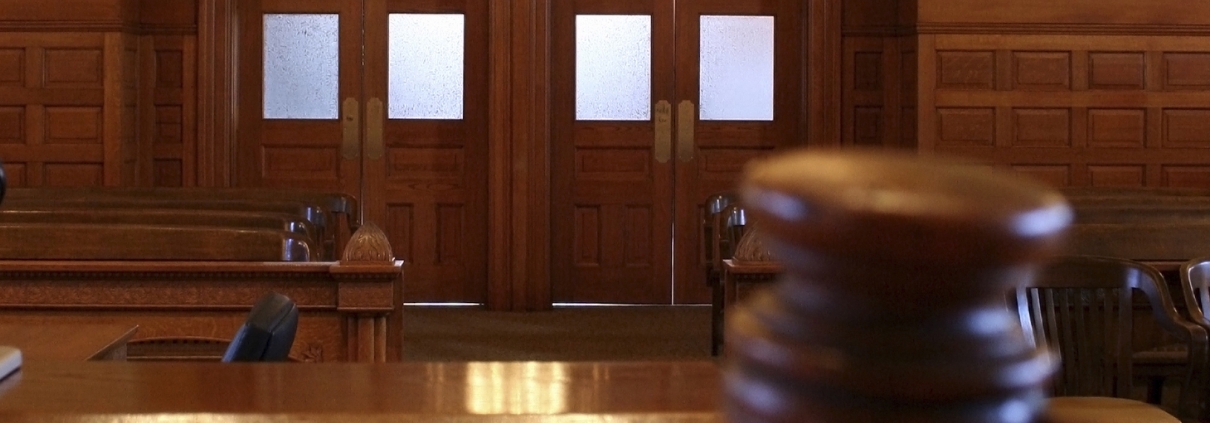COURT OF APPEAL AFFIRMS THAT THERE MUST BE A CLEAR PREJUDICE ESTABLISHED IN APPLICATION FOR DISMISSAL ON GROUNDS OF DELAY
In a recent decision of the Court of Appeal (Whelan J., Faherty J. and Allen J.) in the case of Coughlan & Anor. v Stokes & Anor. [2024] IECA 299 (Appeal Number: 2024/112), the Court overturned a judgment of the High Court, which had dismissed the claim of the Plaintiffs for want of prosecution of those proceedings.
Critical to the Court’s finding was that the Third and Fourth Defendants (who had brought the application that the case against them be dismissed) had not shown that they would suffer a clear prejudice on the grounds of delay, if the matter proceeded to trial, even though they had established that there was a clear inordinate and inexcusable delay.
Having taken over the file on behalf of the Plaintiff from a previous office, Pat Mullins and William Hanly of OFX had to deal with the above application to dismiss the case by reason of delay and ultimately, were successful in defeating that application.
Background to proceedings
The proceedings relate to the Plaintiffs’ claim for specific performance of a settlement agreement reached in May 2009. It is the Plaintiffs’ case that the settlement agreement has not been fully complied with.
Though the Plaintiffs did not contest the allegation made against them that the delay in advancing matters was inordinate and inexcusable (during a period when OFX was not acting for the Plaintiff) the main issue in dispute was whether the balance of justice weighed in favour of dismissing the proceedings on the grounds of delay.
For such an order to be made, the central question was whether those who brought the application to dismiss the case would suffer prejudice if the case proceeded.
The applicable test for dismissal on the grounds of delay
As stated in the judgment of the Court of Appeal: “The Core issue in the High Court and on the appeal to this Court was whether the respondents had established that they had been so prejudiced by the appellants’ delay in progressing the proceedings that the balance of justice lay in favour of the action being dismissed.”
The test to be met for an order for a dismissal is the test established in Primor Plc v Stokes Kennedy Crowley [1996] 2.I.R. 459 (The Primor Test) being that:
1. The delay must be inordinate
2. The delay must be inexcusable
3. The balance of justice must lie in favour of dismissing the proceedings
To satisfy the 3rd part of the test, the party bringing the application must demonstrate some prejudice.
Was there prejudice?
The main alleged prejudice relied upon by the Third and Fourth Defendants related to whether they could rely on a previously provided indemnity from another party, who had since entered a Personal Insolvency Arrangement. The Third and Fourth Named Defendants alleged that as a result of the delay in the prosecution of the proceedings and the provider of the indemnity entering into the Personal Insolvency Agreement, they would no longer be able to rely upon the indemnity and, therefore, suffered prejudice.
However, the Third and Fourth Named Defendants did not outline how this Personal Insolvency Arrangement prevented them from recovering any costs or expenses in the Plaintiffs’ claims and thus, this was not accepted by the Court as something that would cause prejudice.
Though the Third and Fourth Named Defendants made an assertion that there was a real risk of an unfair trial if the matter proceeded, they failed to identify how that risk arose.
The Third and Fourth Named Defendants did not, as pointed out in the Court of Appeal Judgment, identify any “specific fair trial prejudice.”
In response, the Plaintiffs highlighted that the Third and Fourth Named Defendants’ ability to defend the claim had not been prejudiced and that even though there had been a passage of time, all potential witnesses were still available to give evidence at the hearing. it was stated that a bald assertion of prejudice does not necessarily mean prejudice. Said prejudice must be clearly demonstrated.
Conclusion
While it is certainly the position that an inordinate and inexcusable delay will not be looked upon favourably, the Court of Appeal’s decision affirms the position that cases will not be dismissed on the grounds of delay without a clear demonstration that the party making the application for dismissing the action has suffered to the extent that their ability to defend the action has been significantly hampered by the delay or, as the Court put it, that they have suffered a “specific fair trial prejudice.”

